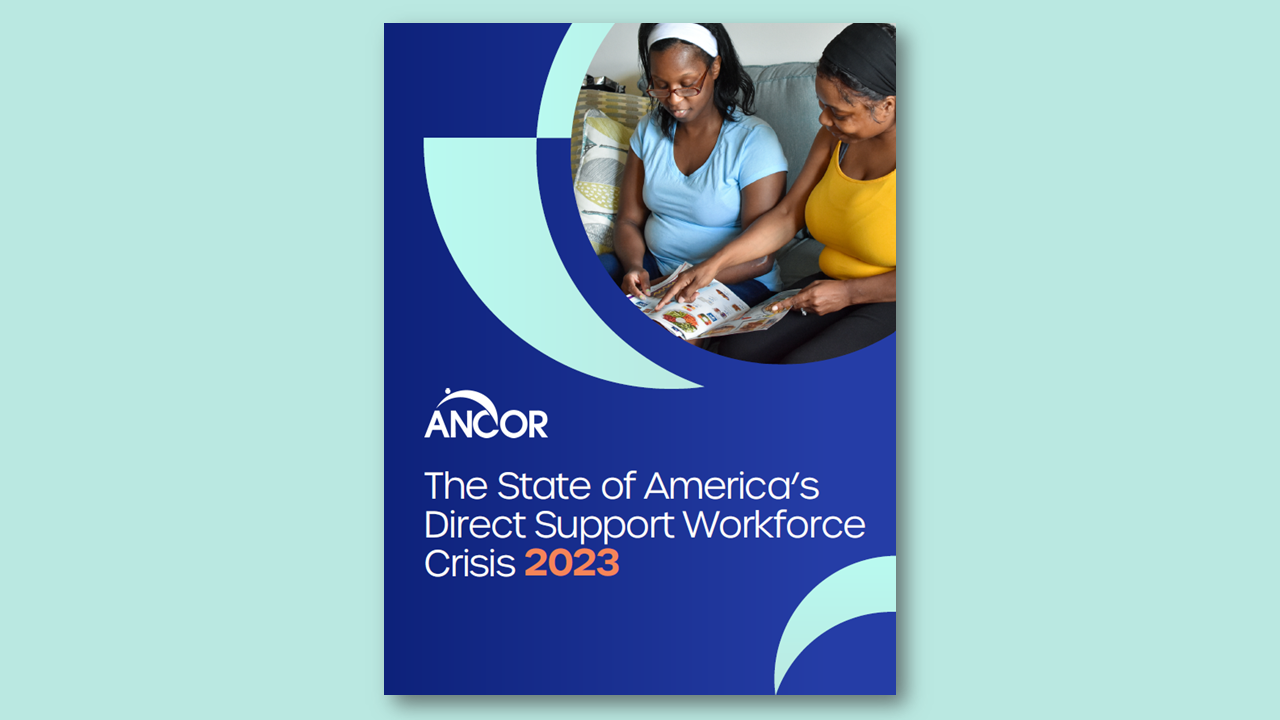Research & Reports
The State of America’s Direct Support Workforce Crisis 2023

Share this page
Stay Informed on the Latest Research & Analysis from ANCOR
More Resources
Fact Sheets
Overtime Rule Fact Sheet
Comment Letters
